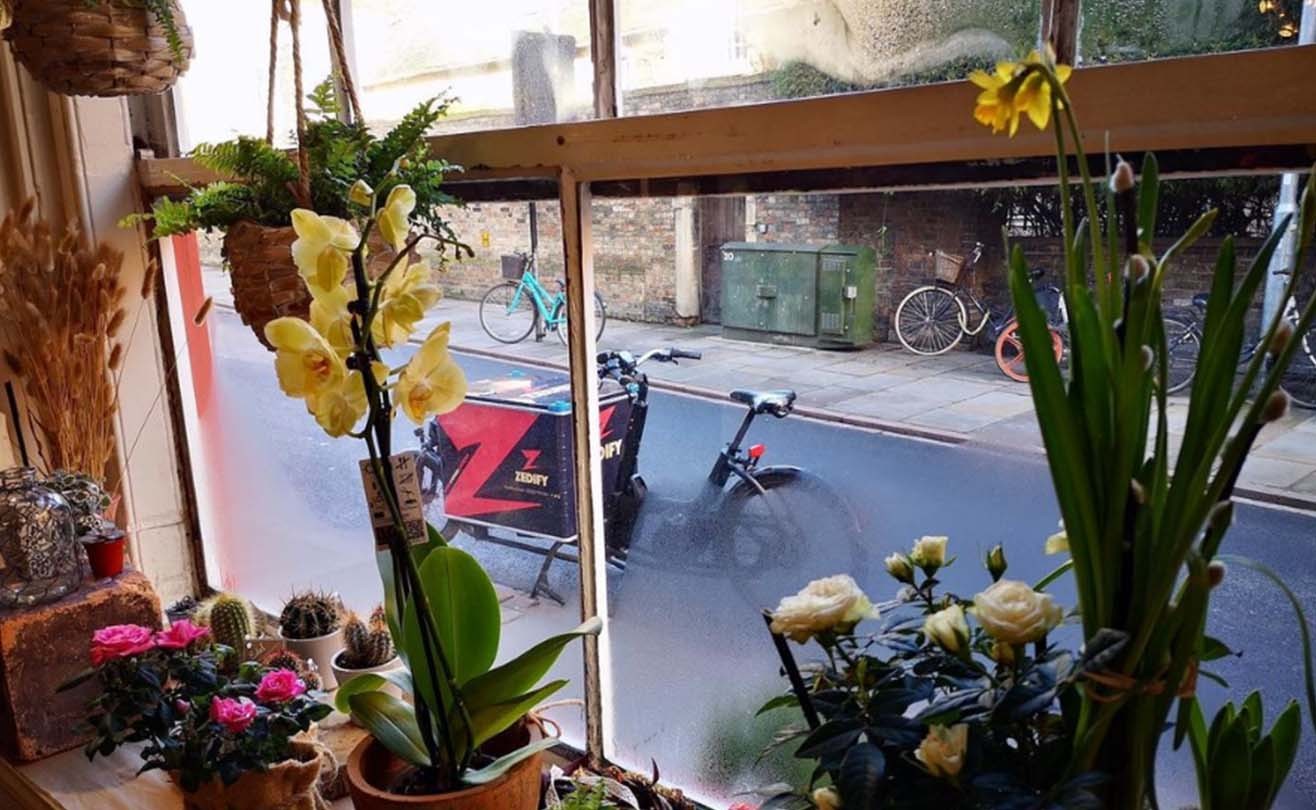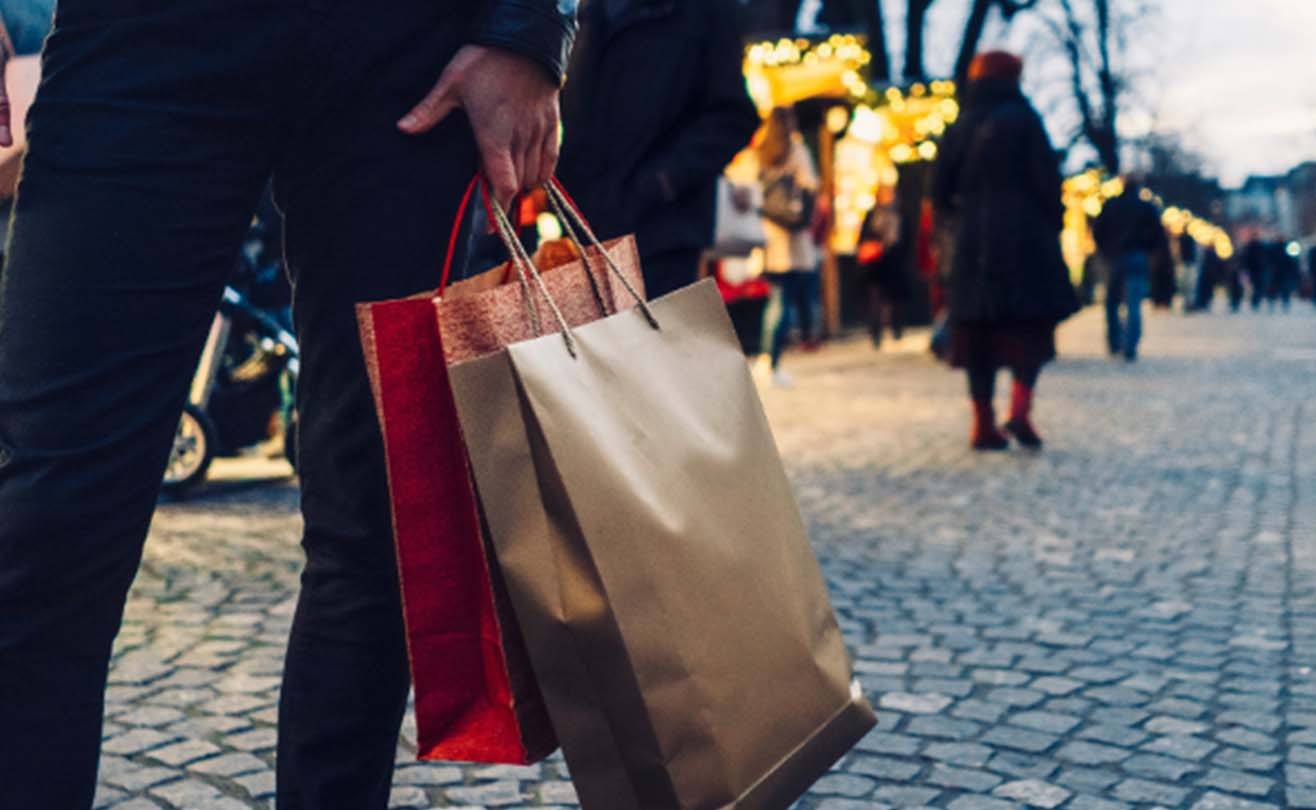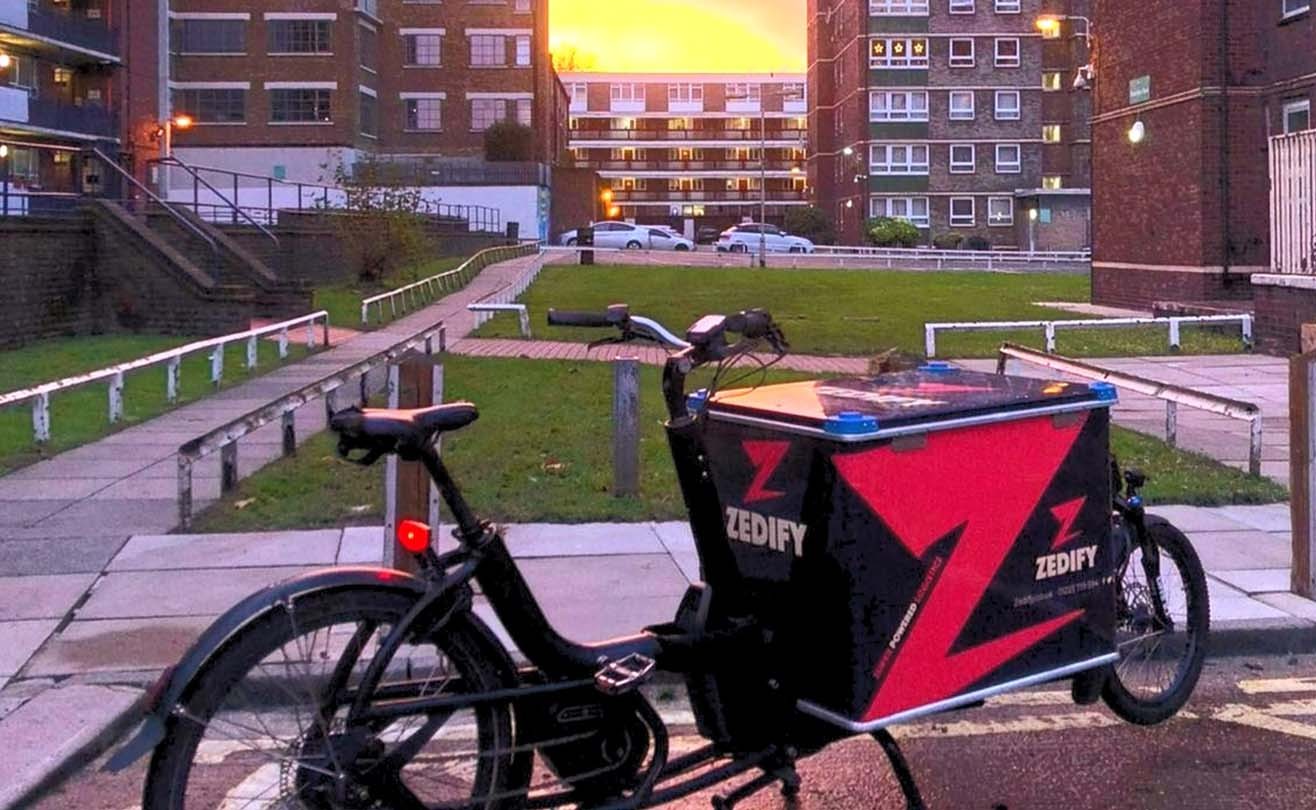Returns: what’s the problem?
From huge financial burdens, to hard-working delivery staff and dirty fumes, the trend in retail is to hide the true cost of delivery from consumers. But if that’s true for outbound deliveries, it’s doubly so for product returns and reverse logistics. We like our orders to arrive quickly, at, ideally, no extra cost. We want to be able to try products out, and if they don’t fit, or they’re not quite what we thought they’d be, we like to be able to return them quickly and easily. Again, at no extra cost. That’s the equation for a happy online customer, right?

But that’s not quite the whole picture. While great efforts are made to make things super simple and easy for shoppers (and it’s true, research shows that a smooth returns experience makes for a very powerful customer loyalty tool), there is a flurry of business activity arising to make those wishes come true. And the impact of returns on the triple bottom line is something that retailers and their customers are being forced to start considering seriously.
With UK online retail growing by 46% as a whole (and in some sectors by over 70%) last year, it seems likely that the way we shop will never return to a pre-pandemic ‘normal’. With that in mind, it’s important to consider the specific challenges and opportunities that returns pose for retailers and their logistics partners. There are capacity issues in peak periods like Christmas, stretched profit margins, new, huge warehousing needs, additional vehicle journeys, more congestion, carbon emissions and worsening air quality and, increasingly, there are untapped consumer values which are being ignored. How can retailers and logistics companies address all these competing demands?

So is there a different approach?
The most common reason for UK returns (70%) is size and fit; in the absence of being able to try clothes on in a physical store, many shoppers, up to 60% in fact, are ‘bracketing’- buying one size up and one size down- knowing they can safely return the sizes that don’t fit at no cost. Returns experts ReBound and sizing experts My Size ID are working with their customers to identify ways that the online shopping experience can help improve the accuracy of sizing. There’s also mounting evidence that that longer return policies can surprisingly lead to lower incidents of returns.


 January 27th, 2021
January 27th, 2021 Harriet Hird
Harriet Hird 3 minute read
3 minute read

